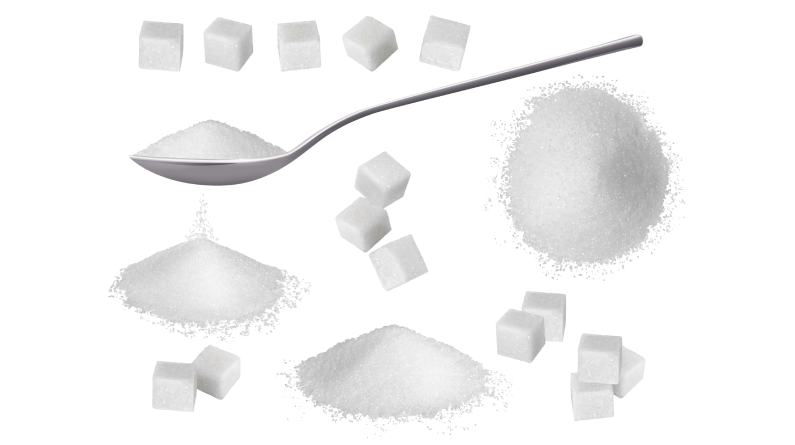Exploring the World of Sugars
Sugar is a ubiquitous sweetener used globally, but research has shown that refined sugar can have negative health effects. With various types of sugars available, understanding the differences can help you make informed choices.
Types of Sugars
Sugars are carbohydrates composed of one or more types of molecules. There are three main categories:
1. Monosaccharides: Simple sugars like glucose, fructose, and galactose.
2. Disaccharides: Compound sugars formed from two simple sugars, like sucrose (table sugar).
3. Polysaccharides: Complex sugars made up of three or more simple sugars.
Sources of Sugar
Most sugars come from plants, except for lactose, which is found in mammalian milk. Commercial sugar sources include:
– Sugarcane
– Sugar beet
Refining Process
Sugar from sugarcane and sugar beet undergoes refining to remove molasses and unwanted flavors. Sugars are available in various forms, depending on the stage of refining:
1. White Sugars:
– Granulated sugar
– Powdered sugar
– Castor sugar
– Sugar cubes
2. Brown Sugars:
– Brown sugar
– Demerara sugar
– Turbinado sugar
– Barbados sugar
– Granulated brown sugar
3. Liquid Sugars:
– Simple syrup
– Cane juice
– Maple syrup
– Corn syrup
– Inverted sugar syrup
Other Forms of Sugars
– Molasses and treacle: Byproducts of sugar production used as sweeteners.
– Fruit sugars: Converted into alcohol through fermentation to produce wine.
– Honey: A viscous liquid produced by bees from nectar.
– Dates syrup: Manufactured by boiling and pureeing dates.
By understanding the different types of sugars and their sources, you can make informed choices about the sugars you consume.
References:
https://www.healthline.com/nutrition/sucrose-glucose-fructose
https://science.howstuffworks.com/innovation/edible-innovations/sugar1.htm
https://en.wikipedia.org/wiki/Sugar
https://www.sugar.org/sugar/types/

